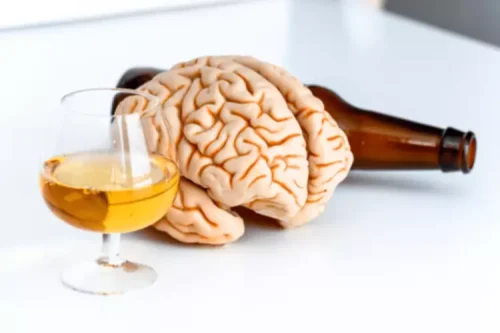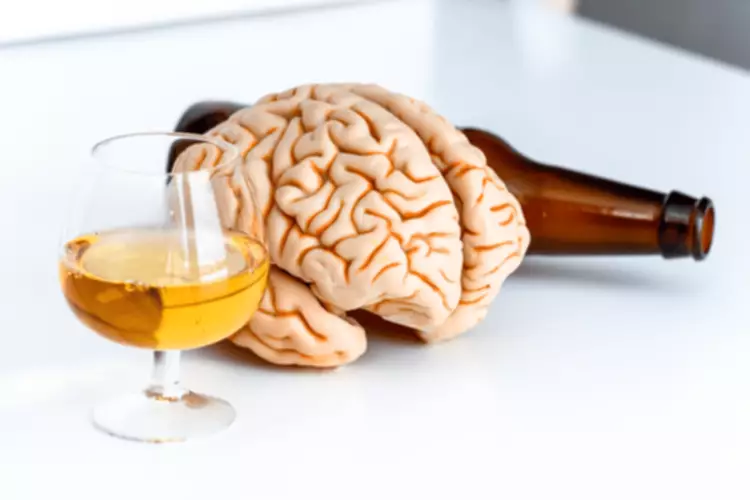Research has found that getting help in the form of supportive therapy from qualified professionals, and social support from peers, can prevent or minimize relapse. In particular, cognitive behavioral therapy (CBT) can help people overcome the fears and negative thinking that can trigger relapse. When an urge comes, it can be difficult to manage it, especially in the beginning of recovery. A very helpful relapse prevention skill is making a list of healthy family members or friends who are also in recovery that you can call for support.
Recovery Coaching
What many do not know, however, is how much control you have over your life by simply changing your breathing patterns. Breathing is not only connected to various essential functions throughout your body, but it also has a large effect on your brain chemistry. Breathing greatly impacts your emotions and helps regulate your overall mood.
Fun activities (
As a result of these brain changes, a person experiencing drug or alcohol dependence will have a particularly difficult time maintaining sobriety—especially when faced with a psychological, physical, or emotional trigger. In fact, between 40% to 60% of people with a substance use disorder relapse at some point in their recovery journey. Read more to learn about types and stages of relapse in addiction, as well as relapse prevention strategies. The path to sobriety is a long and difficult journey, and the process is different for everyone.
Health Challenges
Such feelings sabotage recovery in other ways as well—negative feelings are disquieting and are often what drive people to seek relief or escape in substances to begin with. In addition, feelings of guilt and shame are isolating and discourage people from getting the support that that could be of critical help. Helping people understand whether emotional pain or some other unacknowledged problem is the cause of addition is the province of psychotherapy and a primary reason why it is considered so important in recovery. Therapy not only gives people insight into their vulnerabilities but teaches them healthy tools for handling emotional distress. How individuals deal with setbacks plays a major role in recovery—and influences the very prospects for full recovery. Many who embark on addiction recovery see it in black-and-white, all-or-nothing terms.
Creating a Relapse Prevention Plan: A Step-by-Step Guide with a Template
- On the other hand, internal triggers such as feeling overwhelmed at work or experiencing a conflict in your personal relationships can also increase the risk of relapse.
- The most common triggers for many recovering alcoholics and addicts are hunger, anger, loneliness, and feeling tired.
- Nurses most often use the same monitoring as individuals in the rest of the healthcare team.
- Now is the time to put our plan into action or we increase the risk of a lapse.
- Learn the key to weakening your desire to drink without the constant struggle or the feeling of missing out.
This may vary from person to person and be influenced by things such as extent and length of use. Talking openly about a lapse or relapse with a care team can help you develop and strengthen your relapse prevention plan and identify how to get back on track with your recovery goals. It can begin with an emotional relapse, followed by mental and then physical relapses.
At that time, there is typically a greater sensitivity to stress and lowered sensitivity to reward. At this stage, a person might not even think about using substances, but there is a lack of attention to self-care, the person is isolating from others, and they may be attending therapy sessions or group meetings only intermittently. Attention to sleep and healthy eating is minimal, as is attention to emotions and including fun in one’s life. Self-care helps minimize stress—important because the experience of stress often encourages those in recovery to glamorize past substance use and think about it longingly. A relapse prevention plan is most effective when integrated into your daily routine.
With proactive relapse prevention strategies that we will uncover below, individuals can strengthen their recovery journey and reduce the risk of returning to substance use. Many treatment programs incorporate cognitive-behavioral therapy and counseling to delve into one’s personal history and the emotions underlying their struggles with recovery. Cognitive-behavioral therapy entails examining life experiences and thought patterns, and reshaping one’s thinking positively rather than succumbing to negative self-talk.
It’s possible to predict that some events—parties, other social events—may be problematic. It’s wise to create in advance a plan that can be enacted on the spot—for example, pre-arranging for a friend or family member to pick you relapse prevention up if you text or call. Avoidance is an excellent coping strategy if you know that you are likely to run into danger. But life is often unpredictable and it’s not always possible to avoid difficulty.
Recovery Advocacy
- Deep breathing releases neurotransmitters in your brain, many of which trigger feel-good chemicals resulting in relaxation, happiness, and pain reduction.
- It can bring on feelings of shame, frustration, and often cause someone to feel as if they are incapable of changing their behavior or achieving their goals.
- Otherwise, you will be in a constant cycle of abuse and pain – one that can harm both you and your family.
- The significance of a robust relapse prevention plan cannot be emphasized enough.
- Reviews and meta-analyses7–12 show evidence for effectiveness relative to no-treatment control conditions.
- Smartphone technology has resulted in remote breathalyzer programs in which an individual can provide a sample into a Bluetooth-connected breathalyzer while the mobile phone takes a picture to confirm their identity.
Alan Marlatt, PhD, developed an approach that uses mental, behavioral, and lifestyle choices to prevent relapse. Without recovery tools or a relapse prevention plan, it can be difficult to stay sober while dealing with a significant life setback. Photo by Jeremy Perkins on UnsplashWhen people at treatment centers or in 12-step meetings say that relapse is part of recovery, it turns my stomach. Although the door to recovery remains open after https://ecosoberhouse.com/article/the-hidden-effects-of-binge-drinkin/ a relapse—as long as a person survives such dangerous waters—relapse is not part of recovery.





